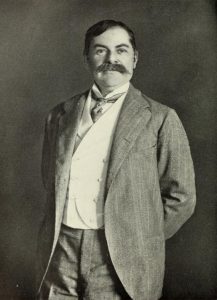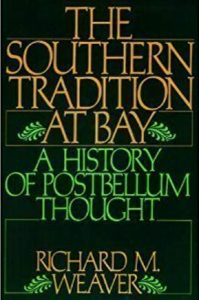2,365 words
2,365 words
After the Civil War, the American South was in ruins. Beyond the poverty, oppression, and the rapid demise of the old regime, however, the inheritors of the former Confederacy found themselves without defense in the national court of moral opinion. They were a defeated people who had drawn arms against a tolerant and progressive government in order to cling to outmoded ways of life, including (most offensively to some) the ancient practice of slavery.
Those who pined for the South’s days of greatness needed a champion. During the postbellum period, Thomas Nelson Page was one such champion. (more…)







